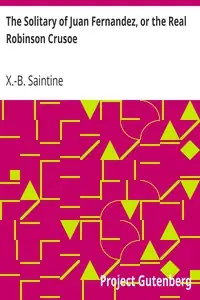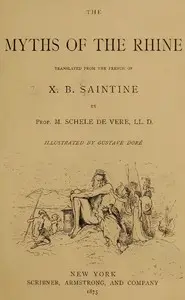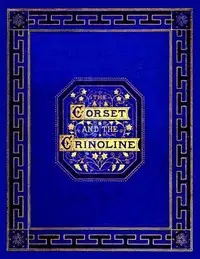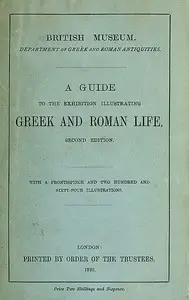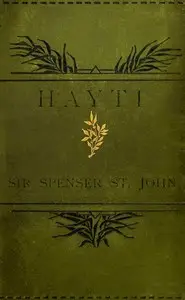"Picciola : The Prisoner of Fenestrella or, Captivity Captive" by X.-B. Saintine is a novel written in the late 19th century. The narrative revolves around Charles Veramont, Count de Charney, who finds himself imprisoned in the fortress of Fenestrella after his political ambitions lead to exile. The story explores themes of isolation, introspection, and the relationship between man and nature, particularly through the delicate plant he names Picciola, which becomes a symbol of hope and companionship in his confinement. The opening of the novel introduces the Count as a multifaceted character who has fallen into disillusionment with society and knowledge, leading him on a downward spiral into skepticism and despair. His imprisonment strips away the distractions of wealth and social status, forcing him to confront his inner turmoil. As he grapples with his loneliness and the despair of captivity, he makes an unexpected discovery: a fragile plant struggling to survive in the cracks of the prison courtyard. This initial encounter sparks a profound transformation in Charney, revealing a delicate bond forming between him and the plant that transcends his circumstances, hinting at themes of resilience and the redemptive power of nature. Throughout the opening chapters, the transformation of both the prisoner and Picciola unfolds, hinting at a deeper exploration of their intertwined fates as the story progresses. (This is an automatically generated summary.)
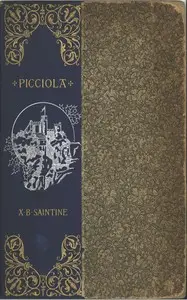
Picciola : $b The prisoner of Fenestrella or, captivity captive
By X.-B. (Xavier-Boniface) Saintine
Wikipedia page on this work: https://en.wikipedia.org/wiki/Picciola
Free Download
Overview
About the Author
Xavier Boniface Saintine was a French dramatist and novelist.
Total Reviews
10.0k
Total reviews from Goodreads may change


